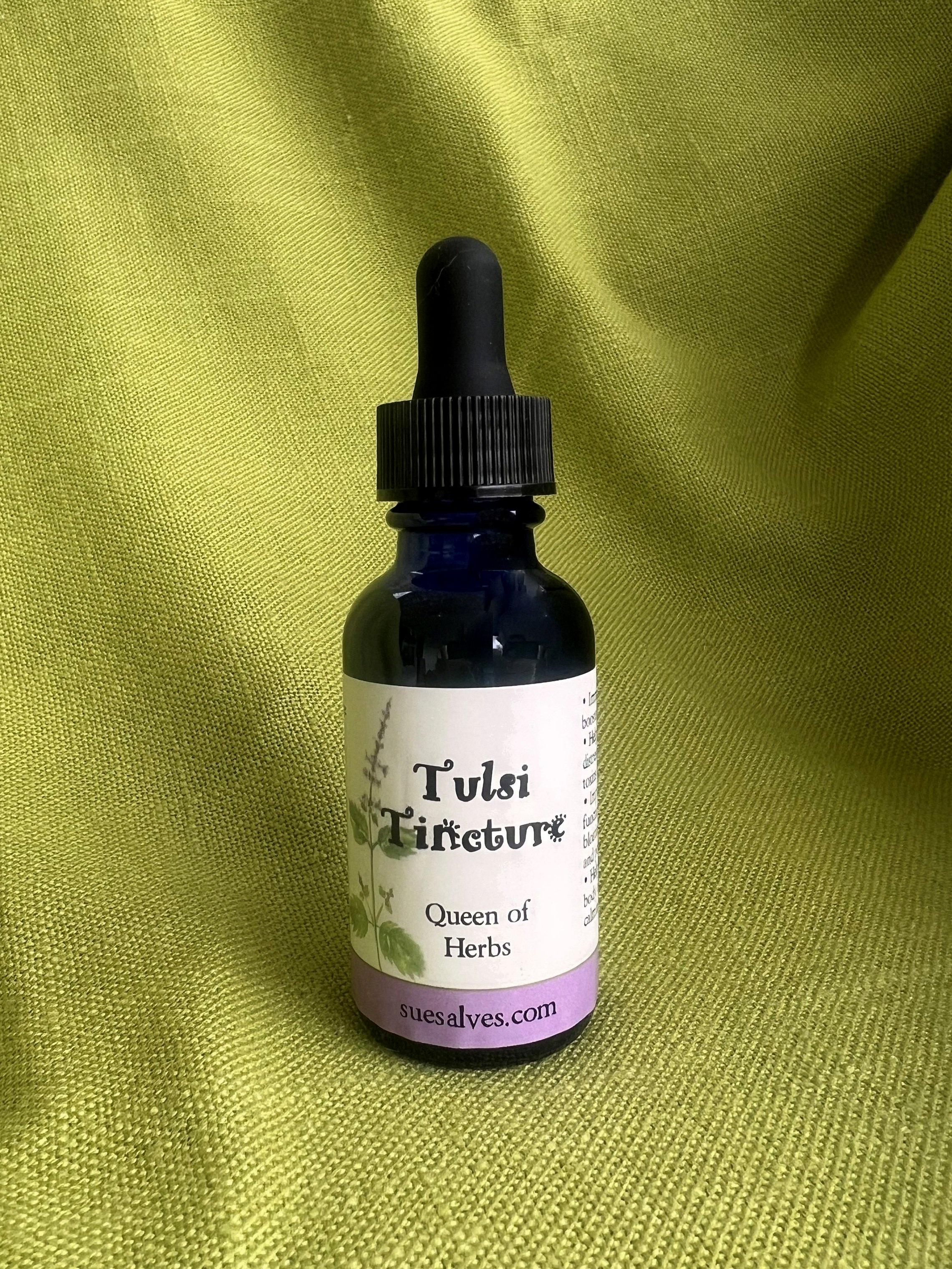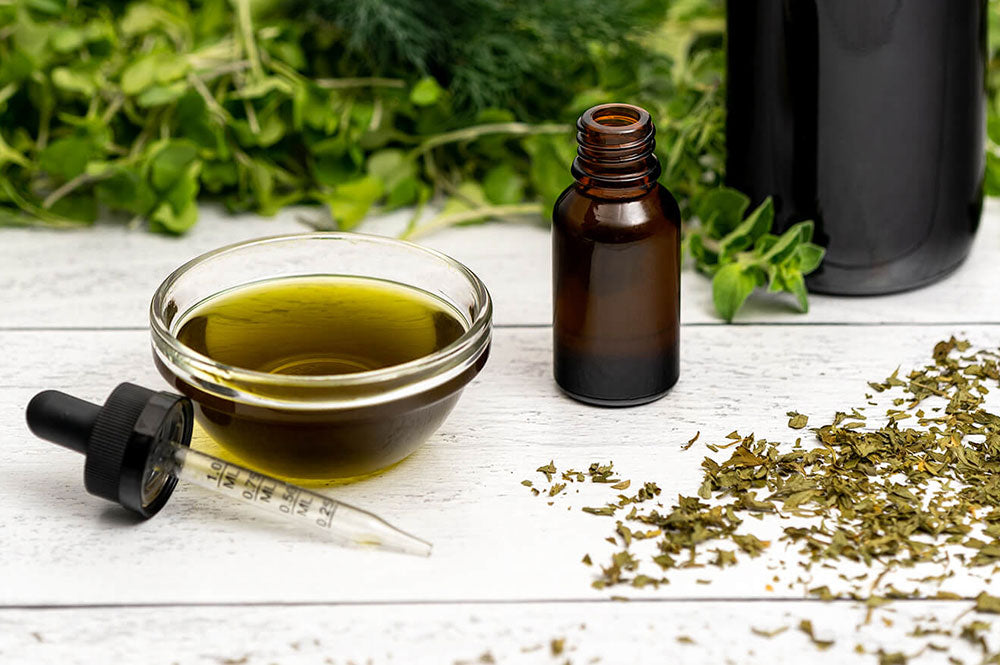Tinctures are a convenient and effective way to consume herbal remedies. They are easy to take, and their potency can last for a long time. However, storing tinctures properly is essential to ensure their longevity and effectiveness.
The first thing to consider when storing tinctures is their base. Alcohol-based tinctures have an unlimited shelf life and do not require refrigeration if stored in a cool, dark location. This is because alcohol acts as a natural preservative and prevents the growth of bacteria and other microorganisms. However, it is still recommended to store alcohol-based tinctures in a cool, dark place to prevent the degradation of the plant compounds.
Tinctures that are vegetable glycerine-based do not need to be refrigerated and can last from 3-5 years. Glycerine is a natural sweetener and a humectant, which means it helps to retain moisture. This makes it an ideal base for tinctures that are meant to be taken orally.
Vinegar-based tinctures are recommended to be refrigerated, and can last up to a year. Vinegar is a natural preservative, but it is not as effective as alcohol in preventing the growth of microorganisms. Therefore, it is recommended to store vinegar-based tinctures in the refrigerator to prevent spoilage.
The length of time your tincture lasts will vary depending on the type of tincture you have, the type of carrier oil, and the method of storage you use. In general, the range you can expect your tincture to last is between six months and thre years.
To store your tinctures properly, ensure that they are stored in a cool, dark place. Exposure to light and heat can cause the degradation of the plant compounds and reduce the potency of the tincture. Additionally, make sure that the container is airtight to prevent oxygen from degrading the plant compounds.
It is also recommended to label your tinctures with the date of creation and the type of herb used. This will help you keep track of the potency of the tincture and ensure that you are taking a fresh and effective remedy.
Storing tinctures properly is essential to ensure their potency and longevity. Consider the type of base used in your tincture and store it in a cool, dark place. Label your tinctures and keep them in airtight containers to prevent oxidation. Following these simple tips will ensure that your tinctures remain potent and effective for a long time.
Should Tinctures Be Refrigerated?
Tinctures are herbal extracts that are made by soaking herbs in a solvent such as alcohol or vinegar. They are used for medicinal and therapeutic purposes and are available in diferent forms. One common question that arises when it comes to tinctures is whether they need to be refrigerated or not.
The answer to this question depends on the type of tincture you have. Alcohol-based tinctures have an unlimited shelf life and do not require refrigeration if stored in a cool, dark location. This is because alcohol acts as a preservative and prevents microbial growth. Tinctures that are vegetable glycerine-based also do not need to be refrigerated and can last from 3-5 years. Glycerine is a natural preservative and helps to keep the tincture fresh.
On the other hand, vinegar-based tinctures are recommended to be refrigerated. This is because vinegar is not as effective as alcohol or glycerine in preserving the tincture. Vinegar-based tinctures can last up to a year if stored in the refrigerator.
The need to refrigerate tinctures depends on the type of tincture you have. Alcohol and glycerine-based tinctures can be stored at room temperature, while vinegar-based tinctures should be refrigerated. It is important to store tinctures in a cool, dark location away from direct sunlight and heat to ensure their potency and freshness.

Source: suesalves.com
How Long Does Tincture Last When Stored in the Refrigerator?
Tinctures are a popular way to consume herbal extracts or cannabis for medicinal or recreational purposes. They are highly concentrated liquid extracts that are usually made by soaking herbs or cannabis in a high-proof alcohol or glycerin. But, how long do tinctures last in the fridge?
The answer to this question depends on several factors, including the type of tincture, the carrier oil used, and the storage method. In general, tinctures can last anwhere from six months to three years, but proper storage is essential to ensure that the tincture remains effective and safe to use.
If you want to extend the shelf life of your tincture, it’s essential to store it in a cool, dark place, away from direct sunlight and heat. Refrigeration is an excellent storage option for tinctures as it can help to preserve the potency and freshness of the tincture for a longer period.
When stored correctly in the fridge, alcohol-based tinctures can last up to three years, while glycerin-based tinctures can last up to one year. However, it’s crucial to keep the tincture in an airtight container to prevent moisture or air from getting in, which can degrade the quality of the tincture.
Tinctures can last for a long time in the fridge as long as they’re stored correctly. The shelf life will depend on several factors, but refrigeration is an excellent option to extend the shelf life of your tincture.
Shelf Life of Tinctures
A tincture is a concentrated liquid herbal extract that is made by soaking herbs in alcohol to extract their medicinal properties. One question that ofen arises is how long a tincture can be stored before it loses its potency. The answer to this question depends on several factors, such as the percentage of alcohol used in the tincture and the storage conditions.
Alcohol-based tinctures can have a shelf life of up to 2 years, but some tinctures and liniments made with a high percentage of alcohol can last between 3 and 5 years. However, it’s important to note that tinctures can lose their potency over time, especially if they are not stored properly. Exposure to light, heat, and air can cause the medicinal properties of the herbs to break down, which can reduce the effectiveness of the tincture.
To maximize the shelf life of your tinctures, it’s important to store them in a cool, dark place such as a pantry or medicine cabinet. Keep them away from direct sunlight or heat sources such as stoves or radiators. Additionally, make sure the lids are tightly sealed to prevent exposure to air.
The shelf life of a tincture can vary depending on the percentage of alcohol used and the storage conditions. To ensure maximum potency and effectiveness, it’s best to use tinctures within their recommended shelf life and store them properly.
How Long Does an Infused Tincture Last?
Infused tinctures can last for different durations depending on the potency and the amount used. Generally, it is anticipated that the effects of infused tinctures should be felt within 15-45 minutes after intake, with the strongest effect occurring at about 90 minutes. However, the exact duration of the effects can vary based on various factors like the dosage, individual tolerance, and the method of ingestion.
It is worth noting that high-THC tinctures can last for up to three hours, while CBD-dominant tinctures tend to have a shorter duration of action. This is because THC is more potent than CBD and has a longer half-life in the body. Additionally, the onset and duration of infused tincture effects can also be influenced by the method of ingestion. Sublingual ingestion, where the tincture is held under the tongue, teds to have a quicker onset and shorter duration of action than ingestion through the digestive system.
The duration of infused tincture effects is dependent on various factors like potency, dosage, individual tolerance, and method of ingestion. It is important to start with a low dose and gradually increase until the desired effect is achieved. It is also crucial to be aware of the potential side effects of infused tinctures and to seek medical attention if any adverse effects are experienced.

Conclusion
Storing tinctures properly is essential to maintain their potency and effectiveness. The type of carrier oil and base used in the tincture can affect its shelf life, with alcohol-based tinctures lasting the longest. It’s important to store tinctures in a cool, dark location to prevent degradation and maintain their quality. Vegetable glycerine-based tinctures can last for 3-5 years withot refrigeration, while vinegar-based tinctures should be refrigerated and can last up to a year. It’s recommended to use alcohol-based tinctures within two years for optimal results. By following these guidelines, you can ensure that your tinctures will remain potent and effective for a longer period of time.
